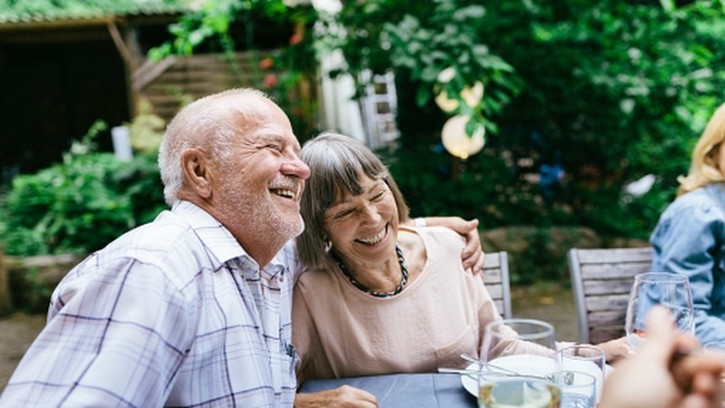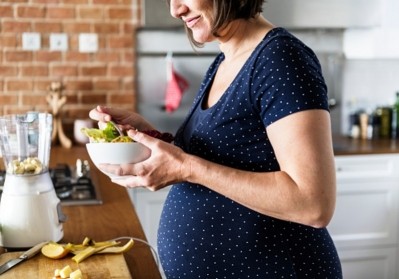‘Disproportional focus’: Public perception of healthy ageing favours eating well, excludes extrinsic issues - study

The research team from the Singapore General Hospital (SGH) and National University of Singapore (NUS) Yong Loo Lin School of Medicine utilised machine learning to analyse over 63,000 social media posts on Twitter pertaining to the concept of healthy ageing between 2012 to 2022.
According to the study’s principal investigator Professor Liew Tau Ming, there is a need for both an elder person’s intrinsic capacities as well as their environmental influences to be considered when it comes to weighing up their functional ability to experience ‘healthy ageing’.
“The World Health Organisation (WHO) defines ‘healthy ageing’ as the process of developing and maintaining functional ability that enables well-being in older age – here, functional ability requires a combination of both their intrinsic capacities such as eating well to maintain physical health, whereas well-being refers to their happiness, satisfaction, fulfilment and so on,” he told the floor during our recent Growth Asia Summit 2023 in Singapore.
“It is easy to say that intrinsic capacities are more important to an elderly person’s functional ability as it is a direct reflection of their abilities, but in truth both intrinsic and environmental factors are able to balance each other out, and if one decreases the other can work to improve overall functional ability.
“For example, if walking mobility which is an intrinsic capacity is reduced, it is possible to improve this via measures such as providing them with a mobility scooter to get around - As such, it can be seen that it is important that elderly persons are able to have access to both of these aspects for healthy ageing.”
The machine learning system generated 16 main topics of discussion that made up the tweets, which were manually reviewed and refined by the researchers.
Of all the topics discussed in the study, ‘eating well’ took the lion’s share of the conversations, making up 65.4% of all healthy ageing tweets posted in the past decade, followed by ‘mental cognition and brain health’ at 4.3%.
However, it was also found that across the globe most tweets regarding healthy ageing are geared towards these intrinsic elements, and with far less focus on environmental or extrinsic aspects such as elder neglect, abuse or ageism.
“As illnesses and disabilities increase with age, the fact is that the environmental element is going to become more and more important,” Prof Liew said.
“This covers areas such as assistive technology and preventing elder abuse or neglect – but what we found was that although public perception of ‘healthy ageing’ is largely aligned with the WHO definition, there as also a disproportional focus on intrinsic aspects.
“There has been hardly any discussion about environment capacity building, and the message being sent currently as a result is that there is an unspoken understanding that elder people have a role to maintain their own health when they are older – and that is it.
“This is not the completely accurate message to send, as the narrative really should be that in addition to the role of maintaining one’s own health in own age, everyone also has a role to create a society that is conducive for older age, covering areas such as long-term care, an age-friendly environment and to combat ageism.
“A lot more engagement with the public is needed to co-create that support system and reestablish that balance, to show there is more to healthy ageing than just eating healthier diets and getting in a certain amount of exercise daily – there needs to also be a culture that is conducive to ageing well.”
He added that these insights were hoped to aid policymakers all over the world to tailor better healthy ageing policies.
Beauty and age
The study also revealed that beauty has become regarded as an increasingly important component of healthy ageing, setting yet another challenge for ageing consumers.
“Beauty is now associated closely with healthy ageing, but so far a lot of this has been focused on physical factors such as skin appearance,” he said.
“In this area, there is a need to re-navigate public attention and media portrayals of beauty in ageing, to go beyond the external attributes and include internal ones such as kindness, resilience, wisdom and so on.
“The key is to reframe ‘beauty’ to celebrate the positive attributes of ageing, and not focus on the negatives.”
Study: Public perception on 'healthy ageing' in the past decade: An unsupervised machine learning of 63,809 Twitter posts
Source: Heliyon
Authors: Ng, Q. X., et. al.














